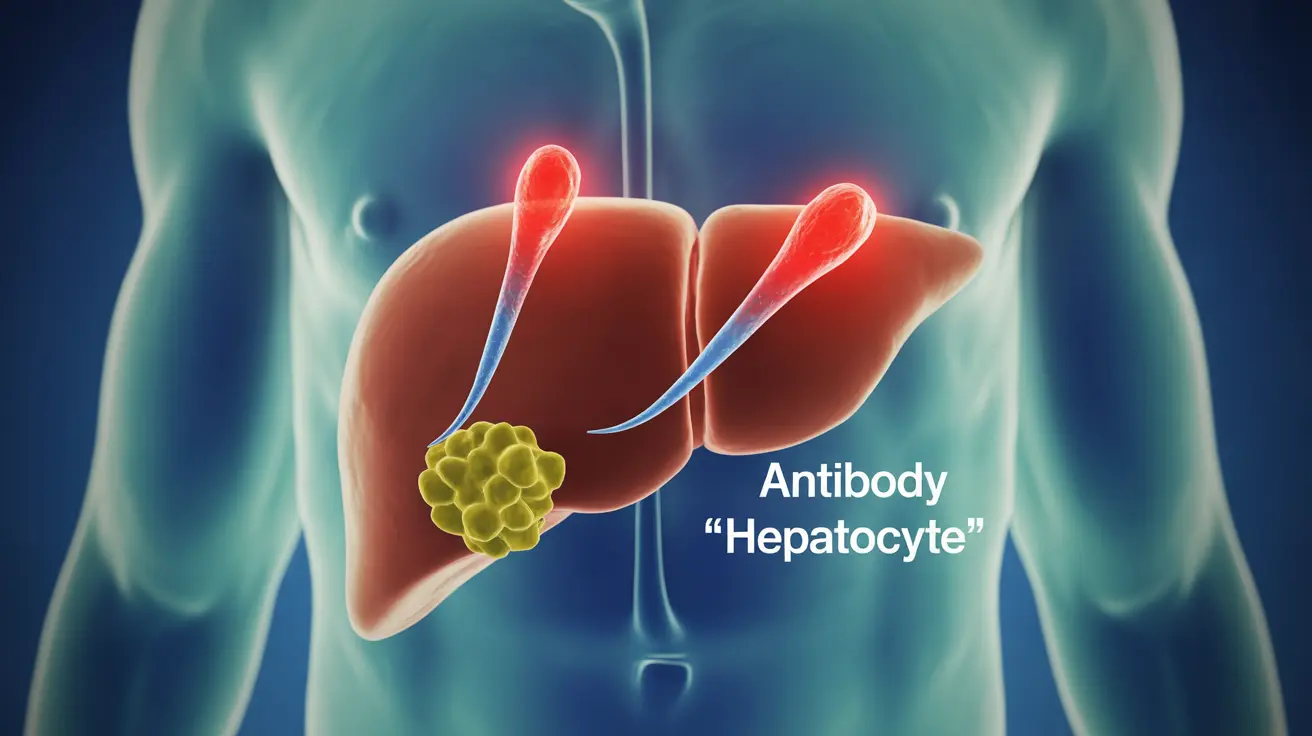A smooth muscle antibody (ASMA) screen is a crucial diagnostic blood test that helps healthcare providers identify specific autoimmune conditions, particularly autoimmune hepatitis. This specialized test detects antibodies that target smooth muscle tissues in the body, providing valuable insights into autoimmune activity and potential liver complications.
Understanding this screening test is essential for both healthcare providers and patients, as it plays a vital role in diagnosing and monitoring certain autoimmune conditions. Let's explore the key aspects of smooth muscle antibody screening and its significance in medical diagnosis.
Purpose and Importance of ASMA Testing
The primary purpose of a smooth muscle antibody screen is to detect autoantibodies that attack smooth muscle tissues. These tests are particularly valuable in diagnosing autoimmune hepatitis, a condition where the body's immune system mistakenly attacks liver cells. Healthcare providers often order this test when patients show signs of liver dysfunction or other autoimmune symptoms.
Early detection through ASMA screening can lead to better treatment outcomes and more effective management of autoimmune conditions. The test results help physicians determine appropriate treatment plans and monitor disease progression.
Common Symptoms Leading to ASMA Testing
Several symptoms may prompt your healthcare provider to order a smooth muscle antibody screen:
- Fatigue and weakness
- Jaundice (yellowing of skin and eyes)
- Abdominal pain or discomfort
- Unexplained weight loss
- Joint pain
- Irregular liver function test results
These symptoms, particularly when combined with abnormal liver function tests, often indicate the need for further investigation through ASMA testing.
The Testing Process
Test Preparation
The smooth muscle antibody screen is a relatively straightforward blood test that requires minimal preparation. However, patients should:
- Inform their healthcare provider about current medications
- Follow any fasting instructions if provided
- Stay hydrated (unless instructed otherwise)
- Wear comfortable clothing with easy access to the arms
Testing Procedure
During the test, a healthcare professional will:
- Clean the injection site
- Draw blood from a vein, typically in the arm
- Apply pressure to stop bleeding
- Bandage the site
- Send the sample to a laboratory for analysis
Understanding Test Results
Test results are typically reported as either positive or negative, with some labs providing titer levels to indicate antibody concentration. Positive results often suggest the presence of autoimmune hepatitis or other autoimmune conditions, though additional testing may be needed for definitive diagnosis.
Treatment Approaches
If autoimmune hepatitis is diagnosed through positive ASMA results, treatment typically involves:
- Immunosuppressive medications
- Corticosteroids
- Regular monitoring of liver function
- Lifestyle modifications
- Dietary changes
- Regular medical follow-up
Frequently Asked Questions
What is a smooth muscle antibody (ASMA) test and why is it done? An ASMA test is a blood test that detects antibodies targeting smooth muscle tissues. It's primarily used to help diagnose autoimmune hepatitis and monitor autoimmune activity in the body.
What symptoms indicate the need for an anti-smooth muscle antibody screen? Common symptoms include fatigue, jaundice, abdominal pain, unexplained weight loss, joint pain, and abnormal liver function test results.
How is the smooth muscle antibody blood test performed and do I need special preparation? The test involves a simple blood draw from a vein in your arm. Minimal preparation is needed, though you should inform your healthcare provider about current medications and follow any fasting instructions if provided.
What do positive anti-smooth muscle antibody test results mean for autoimmune hepatitis diagnosis? Positive results suggest the presence of autoimmune hepatitis, though additional testing is typically needed for a definitive diagnosis. The results help healthcare providers determine appropriate treatment approaches.
How is autoimmune hepatitis treated once diagnosed with a positive smooth muscle antibody test? Treatment typically includes immunosuppressive medications, corticosteroids, regular monitoring of liver function, lifestyle modifications, and ongoing medical supervision to manage the condition effectively.




